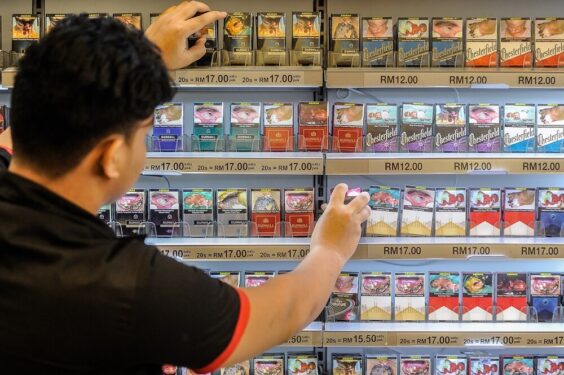KUALA LUMPUR: Foreign investors continued to withdraw from Bursa Malaysia with the amount of outflow almost doubled to RM700.2 mil from Monday to Thursday last week, compared to RM422.2 mil registered in the same period a week earlier.
Bank Islam Malaysia Bhd chief economist Dr Mohd Afzanizam Abdul Rashid said the outflow was driven by the wait-and-see attitude adopted by investors as the global markets were weighed by the uncertain external development especially the US-China trade negotiations.
“The average participation rate for foreign and local retail stood at 27.07% and 26.3% respectively, against 32.99% (foreign institution) and 25.3% (local retail) in the same period last week,” he told Bernama.
However, further selling was capped by net buying by local institutions of RM687.1 mil with the average participation at 46.65%, which was two times higher than that posted a week earlier (RM336.5 mil at 41.71%).
“The fall in share prices of potential companies certainly created value for those stocks, and this has opened up the opportunity for local institutional investors to increase their holdings, while at the same time stabilising the stock prices on the local exchange,” he added.
For the week, Bursa Malaysia was spooked after US President Donald Trump indicated that he was no rush to sign the trade deal with China and might sign it in the run-up to his election campaign, and he has since ruffled feathers with other nations as well, which has resulted in further fears among the investors.
Meanwhile, on the ringgit performance over the week, it was mainly influenced by the increasing oil prices as well as the ongoing US-China trade talks.
FXTM market analyst Han Tan said investors would remain sensitive to any headlines pertaining to the US-China trade deals, as they count down the days to Trump’s Dec 15 deadline on a scheduled tariff imposition on Chinese goods.
He said more signs of an imminent phase one trade deal could translate into further gains for Asian currencies.
“However, should investors get the sense that more trade tariffs are on the horizon, that would deal a significant blow to risk appetite,” he said. – Bernama










